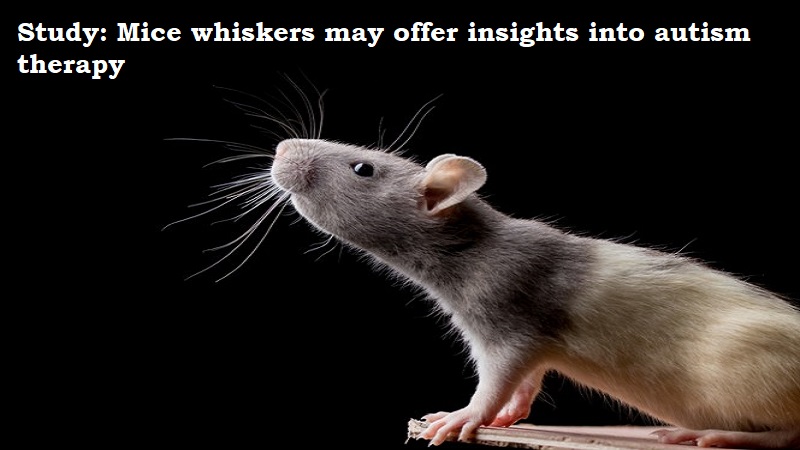
Chinese researchers found that mice who had their whiskers clipped at a young age were more likely to experience social difficulties later in life, which could aid with the treatment of autism in people.
Whiskers are one of the most significant sensory systems for mice, helping them explore their surroundings, said a neuroscience professor at Zhejiang University. As our environment changes and neurons interact, our brain grows. The formation of precise neural circuits in our brain depends on the input of sensory signals. Therefore, we were interested in determining if the mice’s early whisker trimming would cause them to develop behavioural problems as adults.
To study the impact of early life sensory experiences on the adult brain and behaviour, Wang and his university team clipped the whiskers of the experimental mice group at 12 to 16 days old. The crew came back to observe the rats’ social behaviour at two months old when their whiskers had grown back.
To explore social deficits and social recognition in mice, the researchers used a three-chamber sociability test, one of which was empty and the other contained a mouse. According to the study, mice in both the whisker-trimmed group and the control group showed a same level of interest in the space where a mouse was kept.
However, the control group spent substantially more time interacting with the new mouse than the previously shaven group, which showed no preference between a familiar and a new mouse.
According to the researchers’ findings, mature mice that had their whiskers clipped between days 12 and 16 of life had less effective social behaviour.
The study, which was released a month ago in the peer-reviewed journal Molecular Psychiatry, may offer insight into the treatment of autism, claims Wang.
Additional research using other time frames revealed that only cutting that occurred within 16 days of birth had an impact on adult social behaviour.

Post Your Comments